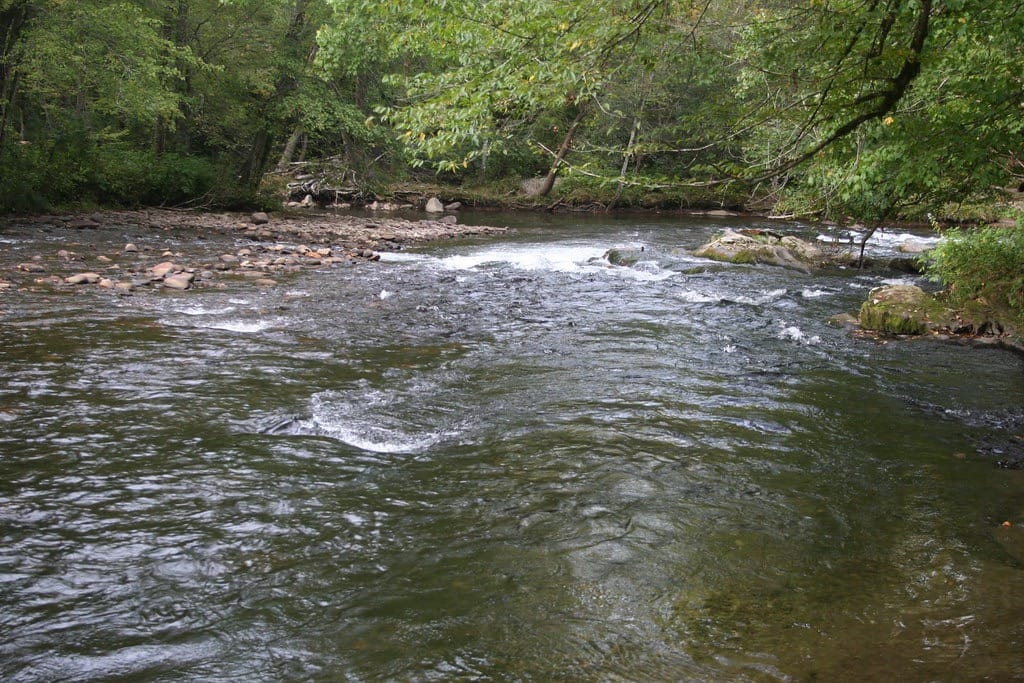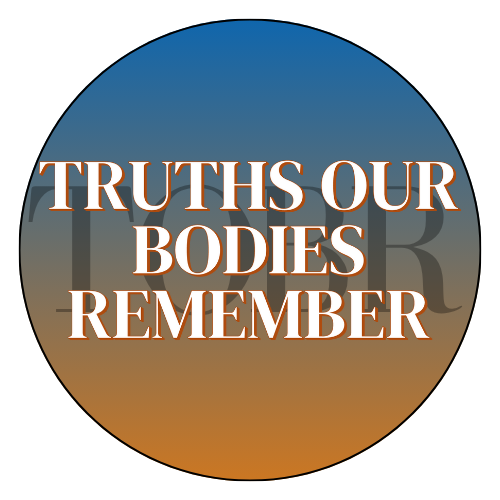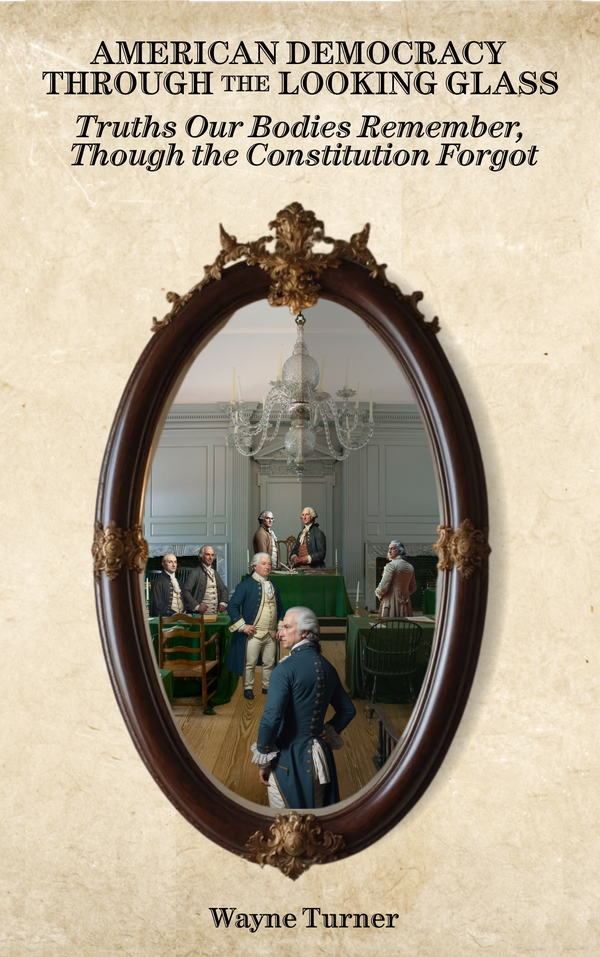The Wisdom of the Oconoluftee
We sat outside near the banks of the Oconaluftee River in Cherokee, North Carolina, where water tumbled over time-smoothed stones in a steady, bucolic rhythm. The sun had nearly slipped behind the tree-covered ridgeline, spending its last golden-hued rays on the water’s surface, reflecting them upward onto our faces. A gentle breeze wove itself through the leaves of tall oaks lining each bank; the first autumn-colored ones, spinning loose, descending like quiet punctuation into the silence between us.
You could almost taste the crisp air, like the tang and crunch of biting into a Granny Smith apple. Smoke rose hesitantly from a nearby fire, its scent kindling memories of childhood, when fire still held the mystery and reverence of a living thing. We sat beside one another in chairs, mine canvas and collapsible, hers wooden, worn smooth at the arms.
She was a Cherokee elder, dressed plainly, wrapped in a light woven shawl the color of the clay from which village potters cast their wares. Her face was framed by dark hair that softened her careworn features and high cheekbones. She had kind, steady eyes—windows into the soul of a nation. We had spoken for a long time already—well, to be honest, I had done most of the talking—about my book and the conclusions I had drawn. She listened without interruption. No judgment. No rush. Only the river spoke more often.
When I finally ran out of words I watched her face for a reaction. She tilted her head slightly, studying me, as one might study a tree long observed, now beginning to bloom. Then she spoke.
I was immediately put at ease by her voice that carried a gentle Southern lilt, not the stereotypical expectations I’d absorbed and expunged from movies and television. Her accent felt familiar because it was real. It was mine.
“You have discovered these truths like your white ancestors discovered this land.”
She paused briefly in quiet contemplation before going on.
“My ancestors walked in sacred trust with the land long before yours reached these shores.”
A tiny smile crept across her face, ephemeral as the dying wind—the day beginning to cool into a rose-colored dusk.
“These are truths our bodies remember. They are truths that have lived for generations in minds far wiser than your own.”
Her tone was not condescending. It instantly disarmed me, as if confirming a common memory. I took no offense. How could I? It was not said to wound. It was said to restore.
After allowing the power of her words to wash over me, I sat back in silence, listening to the river speak again. And in its gentle murmur, I learned: her words didn’t refute mine. They reframed them. What I had spent years in search of, others had carried in their marrow all along.
My journey was not one of discovery. It was one of remembering.



